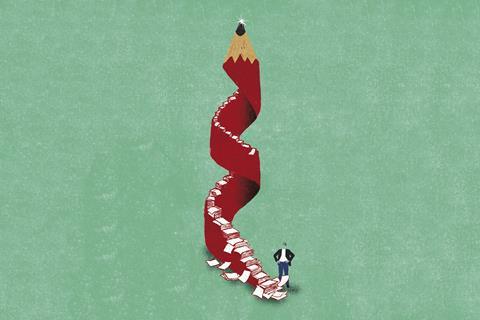
‘Publish or perish’ is a phenomenon that, for good or ill, has taken a firm grip of research around the world. Each country has its own version of it with its own quirks, but at its base it’s the same. To get ahead you need to publish papers – sometimes lots of them.
The particularly sharp end of publish or perish can be found in Chinese hospitals. Trainee doctors trying to get started in their profession need research papers. Without one progression, promotion or even making ends meet may be out of their reach. However, the medical profession is notorious for long hours and a pressure cooker working environment and is not conducive to carrying out research. This has apparently led to the rise of paper mills that create bespoke papers for a price using entirely fabricated results. Hundreds of phony papers have been discovered to date. Presumably many more are still out there – landmines just waiting for some unsuspecting researcher to step on.
It’s hard not to feel a little sympathy for an overworked junior doctor who finds themselves in this predicament. Play by the rules and potentially find your career becalmed or even over; cheat and on you go. But at the same time loading up the scientific literature with cleverly disguised junk science has real and dangerous consequences too. It means time and money wasted as nonsense results go nowhere, and potentially fruitful scientific avenues being turned into cul-de-sacs – at least temporarily.
Perhaps worse still is the potential loss of trust – in research from certain regions, in scientific publishing and in science among the public. In the midst of a pandemic this lack of trust has manifested as conspiracy theories that 5G masts are linked to Covid-19 or that vaccines contain tracking microchips. Another serious sign of loss of trust is vaccine hesitancy. Despite millions having died in this pandemic, people’s trust in medical science has been eroded to the extent that they fear to take the Covid vaccines. The spread of this scientific disinformation has so alarmed a European academy that they are calling for a science communication network to tackle the problem.
At the end of the day it all comes back to ‘publish or perish’. Do clinicians in China really need to conduct research before they can progress in their career? Will it improve their bedside manner or diagnostic skills? I suspect not. The drive to publish more and more research poses a serious threat to the scientific ecosystem and this is a problem all nations must confront. Some pressure to have something to show for your work isn’t unreasonable – particularly if you’re receiving public funds. But the world still seems to be struggling to walk the fine line between quality versus quantity.


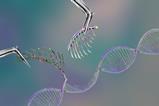
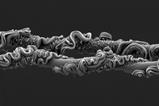
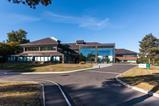
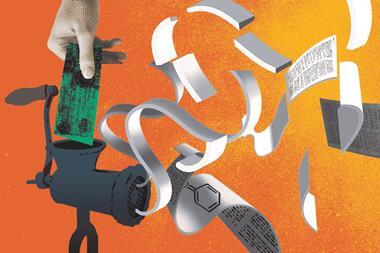
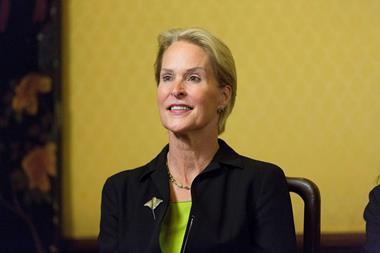










No comments yet